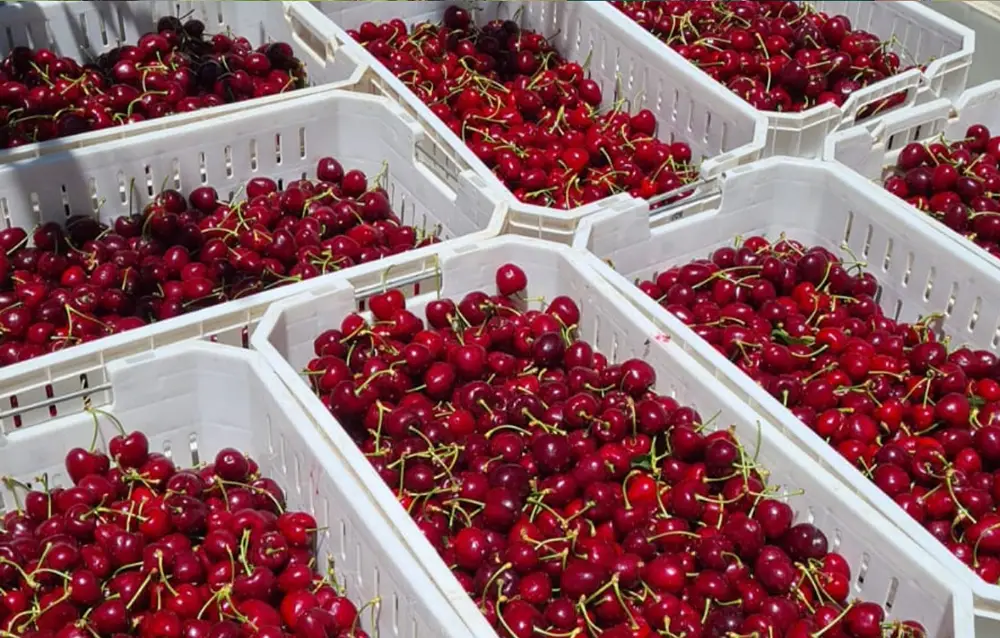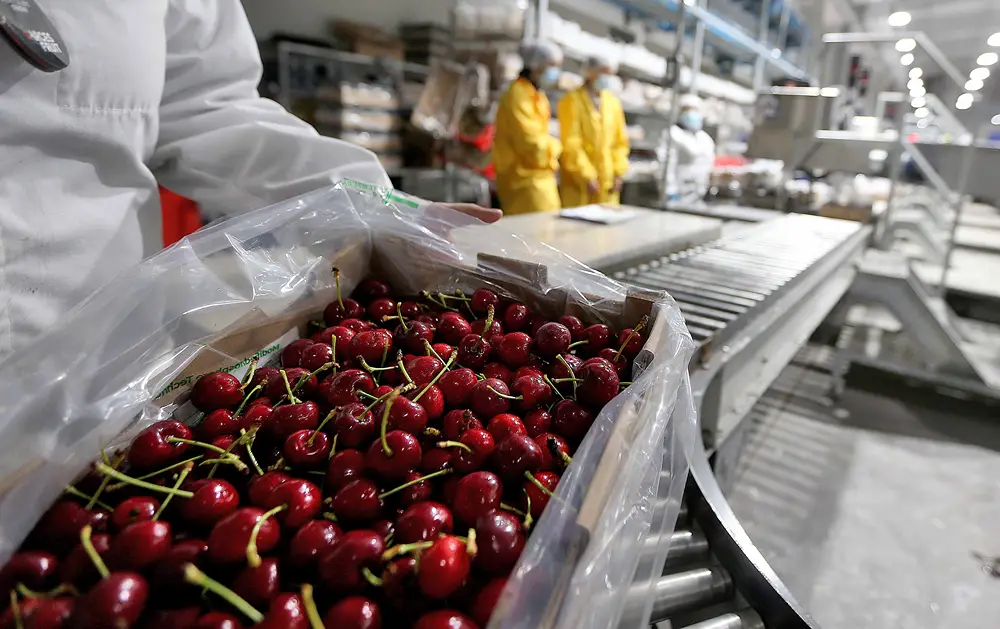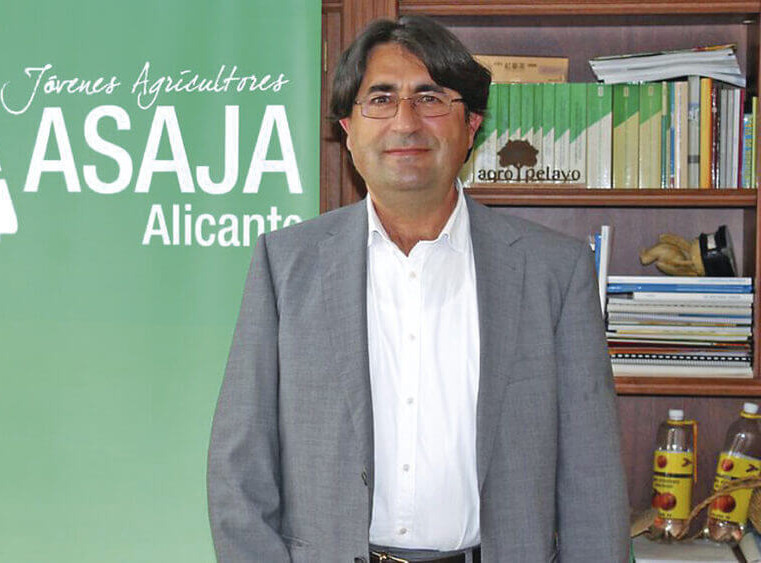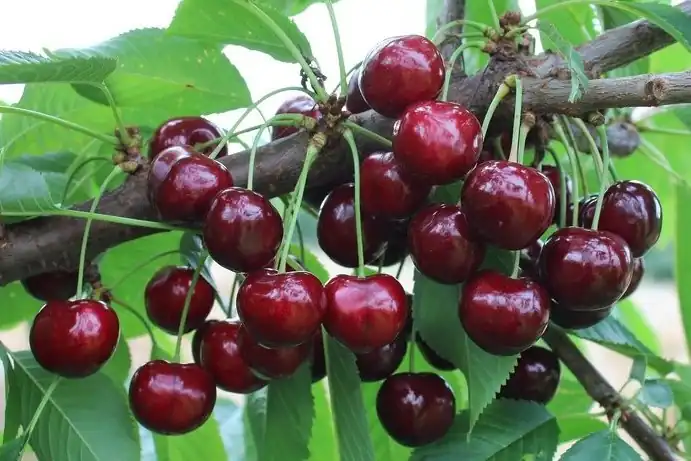As part of the “Sustainable Agriculture in Action” project, developed by AFIPA in collaboration with CropLife Latin America, the pilot orchard of farmer Cristián Osorio, located in the municipality of Coltauco, in the O'Higgins region, achieved excellent results during the 2024 harvest season. The implementation of Good Agricultural Practices (GAP), Integrated Pest Management (IPM), and responsible management of phytosanitary products were key factors in a significant increase in both productivity and cherry quality.
Farmer Cristián Osorio expressed great satisfaction with the results achieved:
“During the December harvest, we noticed a clear improvement in the quantity and quality of the fruit. The results we have received now confirm that the work carried out with good agricultural practices has been very effective. We thank AFIPA for their support, the collaborating companies, and all the consultants who guided us through this process. This project has been fundamental to the progress of our production, and I am convinced that it can be replicated by other small farmers.”

This orchard, consisting of five-year-old trees, achieved a production of 10,500 kilograms of cherries, marking a 75% increase compared to the 6,000 kilograms obtained in the previous year, before the project was initiated. Additionally, 95% of the harvested fruit was suitable for export, achieving the following milestones:
- Export: 95.36% of the total production was destined for international markets, meeting high-quality standards.
- Superior calibers: The cherries exhibited uniform color, excellent firmness, and no damage from insects or diseases.
- Yield: 8,785 kilograms were processed in the first batch and 1,400 kilograms in the second, both meeting high-quality standards for export.
Patricia Villarreal, executive director of AFIPA, emphasized the importance of the results obtained:
“Although the harvest took place in December, the specific data received recently highlights a very positive impact. The increase in production and improvement in cherry quality demonstrate the value of implementing sustainable practices. This confirms that, with the right technical guidance and the use of innovative technologies, significant improvements in agricultural productivity can be achieved.”
These results highlight the concrete benefits of the sustainable practices adopted in the orchard and the value of collaboration between farmers, technical consultants, organizations, and companies in the agricultural sector.

The “Sustainable Agriculture in Action” project aims to promote the adoption of innovative technologies and reduce risks through the application of global Good Agricultural Practices (GAP) standards. The executive director of AFIPA reiterated the importance of the initiative:
“The results we are seeing now demonstrate how sustainable practices can truly make a difference in agriculture. Our commitment is to support farmers on this journey towards more efficient and environmentally friendly production. This project shows the positive impact that can be achieved by working together.”
Source: Afipa
Photo: SL Fruit Service - Cherry Times
Cherry Times - All rights reserved












